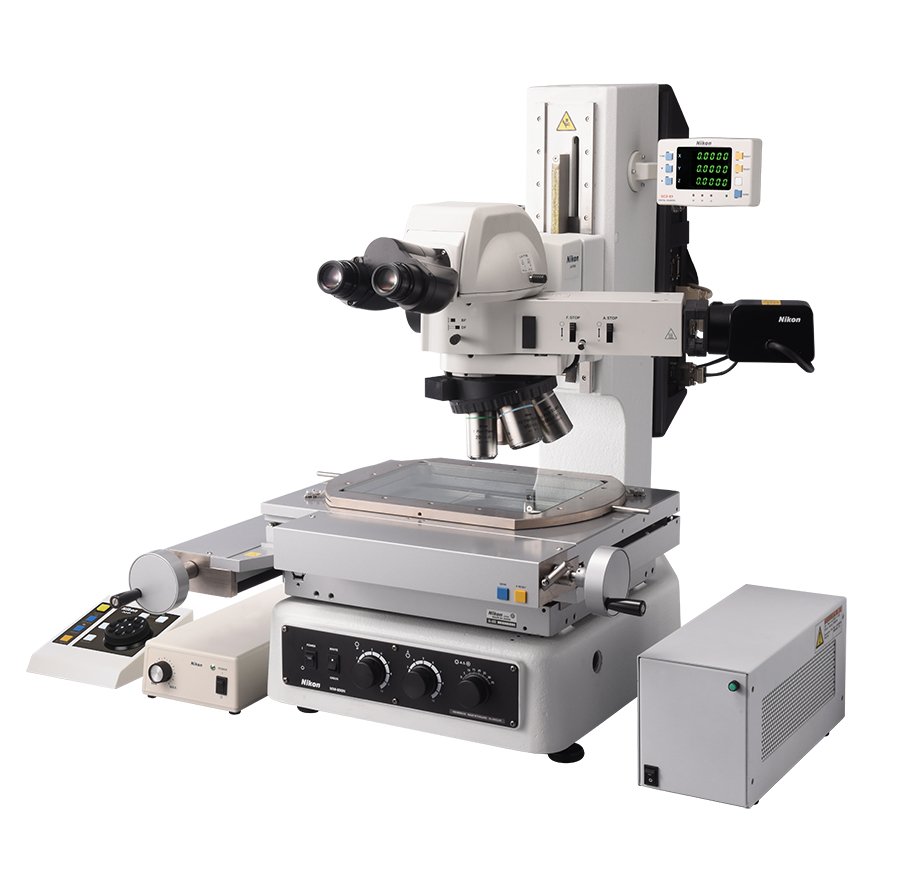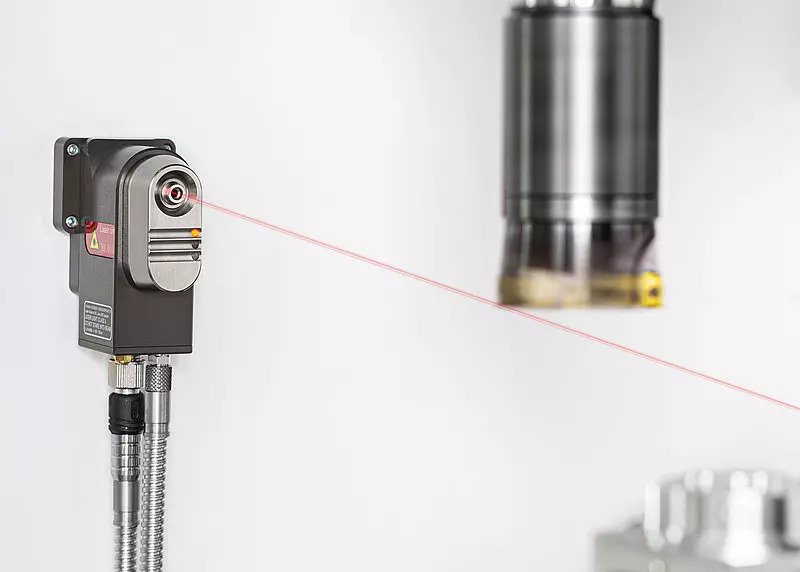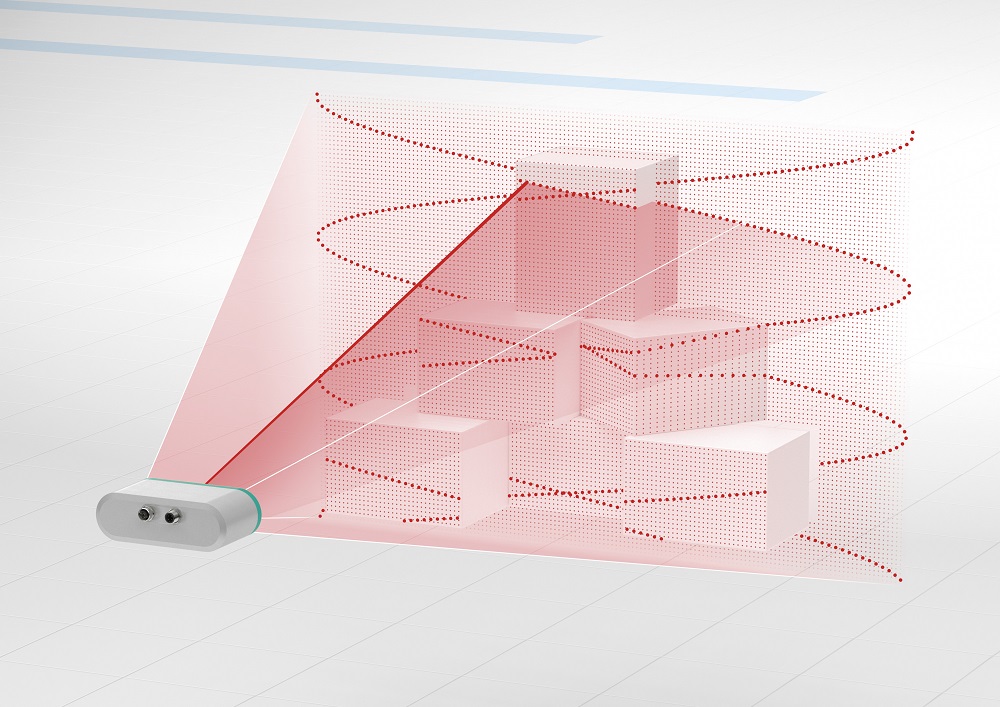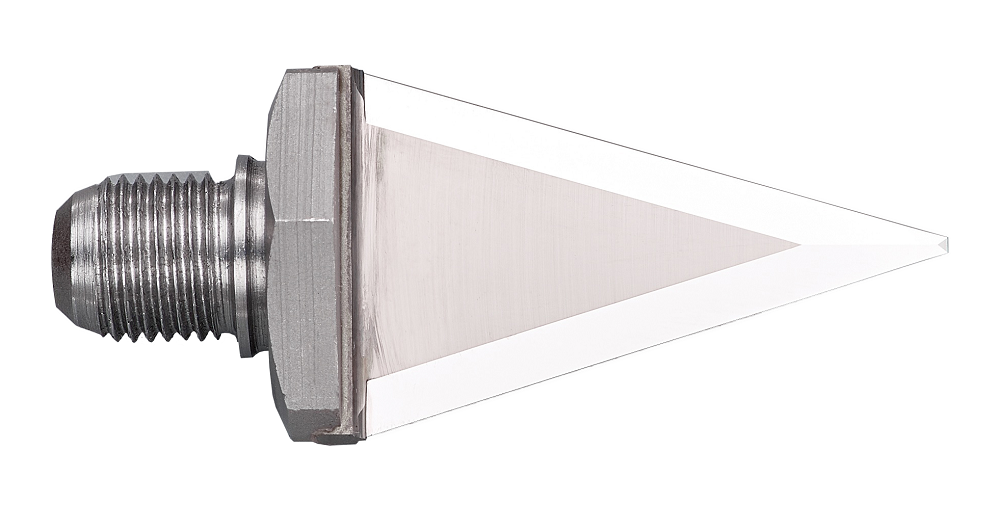Hexagon has joined 14-time NASCAR Cup series champions Hendrick Motorsports as its official metrology hardware and software provider for the next decade. The shared goal of the partnership is to take the race team’s performance to the next level by applying the latest scanning, measuring and digitisation technologies from Hexagon’s Manufacturing Intelligence division.
Running to 2032, the 10-year agreement includes Hexagon’s sponsorship of a 3000 sqft advanced quality control laboratory on Hendrick Motorsports’ Concord, North Carolina, campus. The technical partnership delivers the ability for the team to enter competitive environments with additional confidence. Hendrick Motorsports is closing in on its milestone 300th NASCAR Cup victory and 500thNASCAR national series engine win.
“A relentless focus on quality, accuracy and attention to the finest details is what wins races and championships in NASCAR,” says Jeff Andrews, president and general manager of Hendrick Motorsports. “In today’s environment, the level of competition is very high and we must maximise everything we can control. Hexagon’s precision products provide us peace of mind as we enter race weekends on the cusp of some remarkable milestones. With this landmark decade-long commitment, we look forward to celebrating many exciting achievements together in the future.”
New collaborative robotic inspection capabilities will help eliminate inspection bottlenecks, as they will allow the team to automate unattended measurement so that it can devote more valuable manpower to other mission-critical tasks. Furthermore, the addition of three new CMMs will provide greater inspection capacity while ensuring the organisation has the technology needed to diversify both probing and non-contact measurement capabilities.
For further information www.hexagonmi.com



















